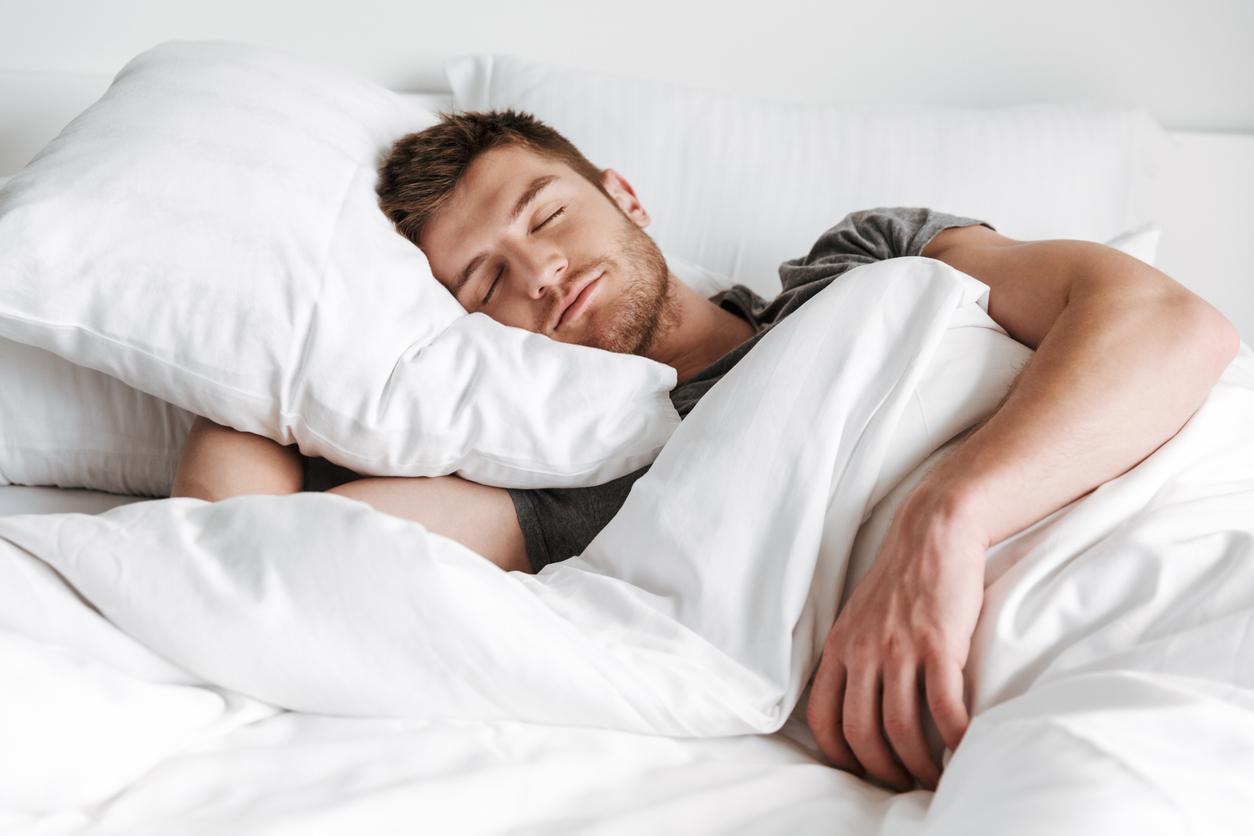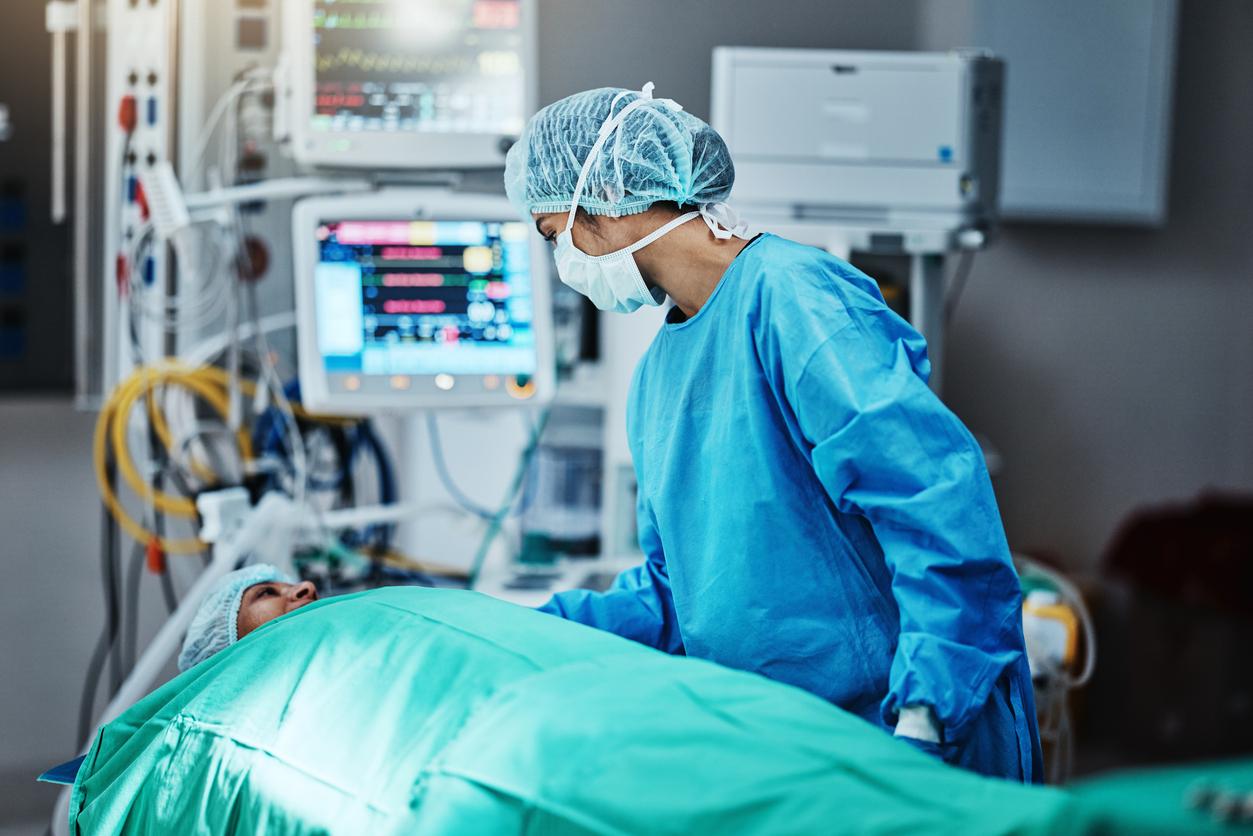A Belgian study recommends a nap after lunch to boost intellectual performance. Is the nap really good?
Yes, because our body has a physiological need for rest, to ‘sleep’ around midday. This natural phase, which is wrongly attributed to digestion, allows the brain to calm down and therefore be better prepared to continue its work day.
Should it be offered in companies after lunch?
Yes of course. This is my main objective when I intervene in a company. However, we are in the West and the weight of our culture, of the gaze of the other, of “ready to think” are so many stones on the road to serenity.
Would it help fight against employee stress?
Perfectly. The handling of stressful situations is greatly improved when the mind is calm, rested. Taking a step back is facilitated, interpersonal relationships are notably modified.
Would the nap have an impact on productivity?
Once the mind and the physical have been restored to some extent, productivity suffers. This translates into increased vigilance, improved concentration and reduced risk of accidents.
In practice, how long should this nap last?
Whatever name we give it (flash, parking …) nap the most beneficial lasts between 10 and 20 minutes. Below 10 minutes, we recover a little but beyond 20 minutes the risk of going into deeper sleep is important. In this case it can have immediate consequences. For example, if we are woken up when our sleep cycle is engaged our awakening is not serene (difficulty resurfacing). In addition, if you sleep during a whole cycle the risk of destructuring the following night is important.
At what time of the day is this nap the most beneficial?
When the need arises, Mr de la Palisse would say. In fact, everyone having their own biological clock, this need is therefore ‘personal’. But if you have to give a fork, this need is usually between 1 and 3 p.m.
Can a nap during the day compensate for the lack of sleep and fight against the harmful consequences induced by fatigue (weakness of the immune system, risk of pathologies …)?
The nap can compensate for a sleep debt but, in this case, we are talking about the nap that should be imposed in particular by night workers. In fact, being able to fall asleep in the morning when returning home and maintaining a sleep of a sufficient duration to be regenerative is difficult. Lying down on your bed and doing a 1.5 hour sleep cycle is recommended before leaving a few hours later for nighttime activity.
By fighting stress, can the nap be a way to fight against snacking?
When we are tense and stress overwhelms us, it is tempting to look for sources of satisfaction among which we find fatty and sugary foods. This tense situation can find another answer by calming his mind, by calming his mind. Thus, closing your eyes for a few minutes, practicing breathing or relaxation exercises will allow the drive to pass and therefore not compensate by nibbling. But in case of craving, we can on the other hand have a reasonable intake of nuts (hazelnuts, almonds, walnuts …) which are beneficial for health.
Do nap needs vary in adulthood?
If the recovery needs are partly dictated by our ‘constitution’, we can note a few elements that can make them vary. For example, excessive daytime sleepiness will be more obvious if the night was interspersed with numerous micro-arousals due to sleep apnea and / or periodic leg movements (often the nocturnal continuation of restless restless legs / restlessness observed at the end of the day. day).
In addition, the older we get, the more the phases of sleep change with more frequent nocturnal awakenings, a deep sleep (the more restorative) less effective.
Thanks to Patrick Lesage, specialized in the management of sleep disorders and situations
stressful, founder of “Performance and better being”. Also works on www.teamdenuit.fr, the first connected community dedicated to sleep.
>> To read also: The nap after lunch, good for your productivity
Nap: how to recharge your batteries
Do you have the habit of taking naps during the day? tell us on the forum !


















